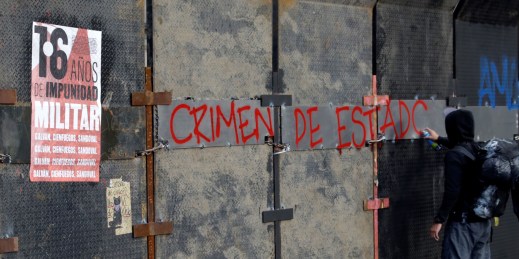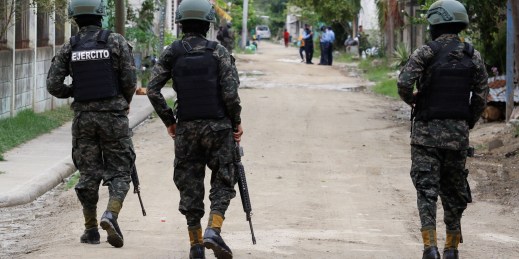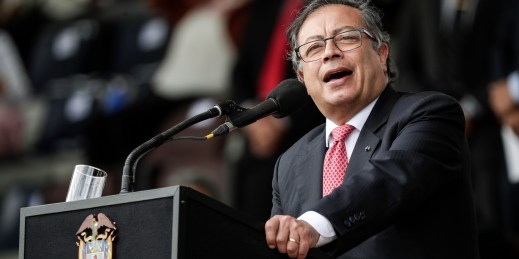
Latin America is trending toward more militarized security strategies, a trend that could be consolidated by elections across the region in the coming 18 months. As one consequence of civilian governments and publics embracing hard-line security approaches, the region’s militaries could become more powerful and politically influential.


